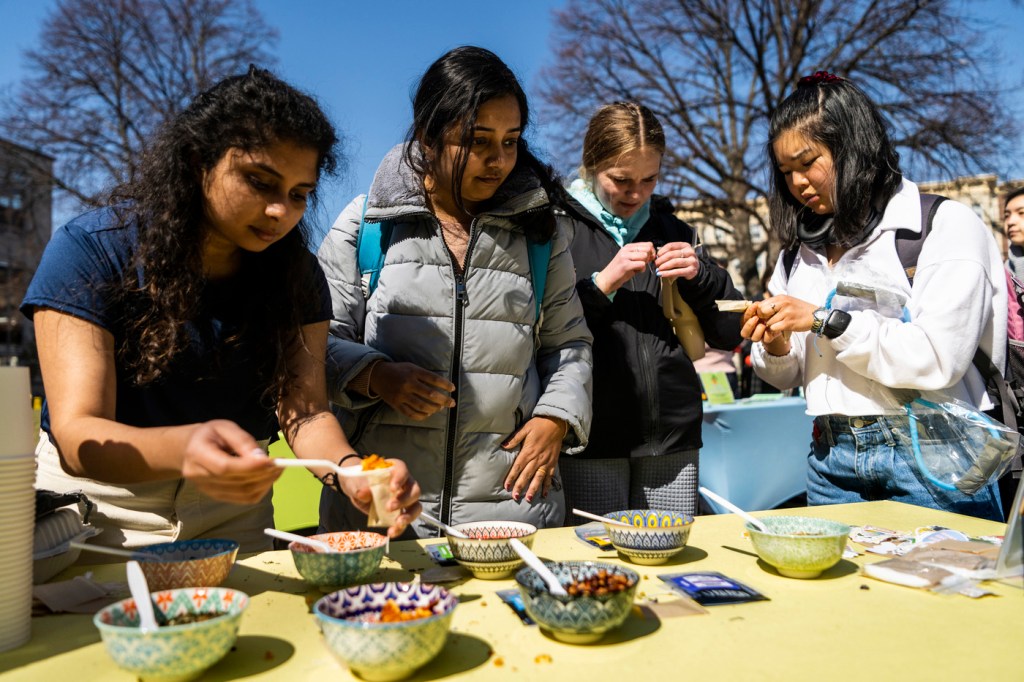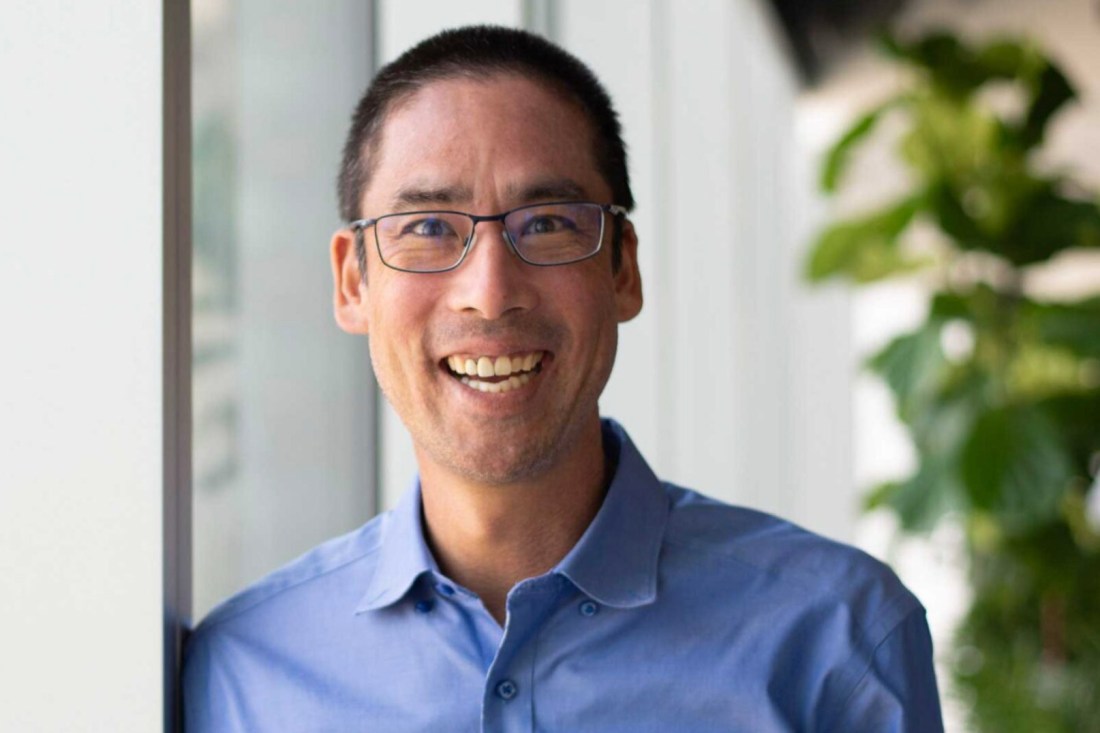Wellness Week offers numerous events across Northeastern’s global campuses, including a workshop on holistic time management
Wellness Week, dedicated to supporting members of Northeastern’s global community, will kick off Monday. The schedule includes events for students on every campus.

Richard Hoshino says he will “never ever buy a smartphone.”
Instead, he’s pretty happy with his vintage flip phone.
“I have zero social media. And on my phone, all notifications are off,” says Hoshino, an associate teaching professor of computer science on Northeastern University’s Vancouver campus.
His preference to unplug is part of Hoshino’s time-management approach that has allowed him to be more efficient, work fewer hours, earn more money and have time for hobbies and quality time with his family.
“There’s real freedom in being able to choose what works best for us,” he says.
Hoshino and Victoria Williams, a wellness program specialist on the Vancouver campus, will be sharing their practical advice on holistic time management at a virtual workshop on Tuesday, March 12 (noon PDT, 3 p.m. EDT) as part of the Northeastern’s annual Wellness Week.

Wellness week, dedicated to supporting members of Northeastern’s global community, will kick off Monday.
The schedule includes events for students on every campus.
Yoga, dancing, nutritional advice, crafting, discussions on mental health and spirituality, movie screening, therapy dogs and more are all on the menu.
The Wellness Week website also lists global and campus-specific wellness resources that students can utilize beyond this week.
Hoshino started working on his time management solution, which he calls “Subtract/Divide/Add/Multiply,” in the 2000s when he decided to be less scattered and more organized.
“What I realized was, just through some really simple systems, we do not need to be scattered or disorganized,” he says.
He also recognized that it is easier to manage time when your daily actions align with your most important values.
Hoshino, for example, values efficiency. That is why he eliminates distractions to focus on a single task such as writing a research paper or preparing for a class. Someone else, he says, might value more teamwork, socializing or harmony.
Once you identify three or four values, Hoshino says, you will be able to create systems that support them, set better boundaries and create the life that you want.
“Many people live constantly distracted,” he says. “One of the big goals of having strong time management skills is recognizing when we’re living in a state where we’re constantly distracted.”
Hoshino says office workers get distracted an average of five times per hour.
“Each distraction takes five minutes to recover from,” Hoshino says. “So that’s a lot of work that is lost.”
Hoshino often sees students procrastinate when they need to be working on a big task, such as a class project. He recommends “dividing” the big task into a number of smaller ones and always asking what the next step is.
“It’s really easy to do 100 little things, one little thing at a time,” he says.
Hoshino’s model also shows that time management is not only about productivity and sacrifice.
“One thing that I always do every day is every single time I complete a task I reward myself,” Hoshino says. “For example, I play a game of online chess or I watch a show on Netflix at the end of each day.”
He also found that multiplying happens faster when you do only one thing at a time.
“Multitasking is physically impossible, 99.99% of us can’t do it,” he says.
Williams, Hoshino’s co-host, will discuss different ways to stimulate the brain for those who struggle with ADHD or other challenges.
“It’s been unbelievably rewarding to help people this way,” Hoshino says. “And I’m hoping that this workshop next week will help anyone who’s participating.”






